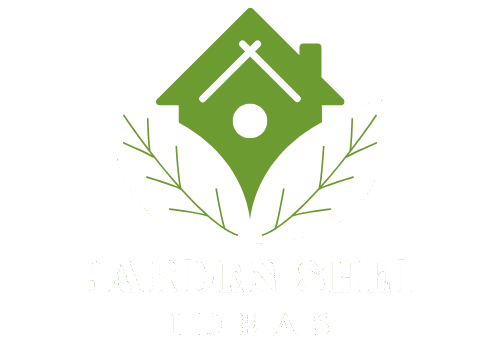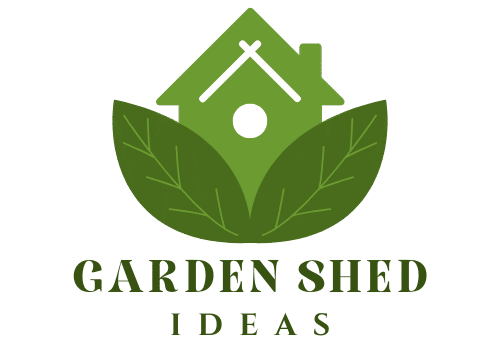There’s something inherently rewarding about spending a weekend in the garden, nurturing life and creativity right in your backyard. Whether you’re a seasoned gardener with a penchant for perfect rows or a curious beginner eager to get your hands dirty, diving into easy garden projects can transform your outdoor space and refresh your spirit.
Gardening is not just about planting seeds; it’s a delightful exploration of creativity and renewal. This article will walk you through a variety of weekend projects that cater to different skill levels and interests, from crafting a charming herb spiral to designing a vibrant container garden.
You’ll discover how even small projects can make a big impact on your garden’s aesthetics and health. With step-by-step guidance, we’ll empower you to create beautiful, functional spaces that reflect your unique style and personality, all while enjoying the therapeutic benefits of nature.
Choosing Weekend-Friendly Plants

When selecting plants that fit into a weekend-friendly routine, consider those that require minimal daily attention. Drought-tolerant plants, such as succulents or lavender, are excellent choices because they thrive with less frequent watering.
Another aspect to consider is the soil requirements of these plants. Opt for varieties that thrive in well-draining soil, as they are less prone to root rot and other water-related issues.
For those who prefer edible plants, herbs like thyme and rosemary are resilient and require little maintenance. They can grow in containers with a sunny spot and need watering only when the top inch of soil feels dry.
Advanced gardeners might experiment with companion planting, which reduces the need for pest control and improves plant health. Consider pairing marigolds with tomatoes to naturally deter pests and enhance growth.
Simple Container Gardening Ideas
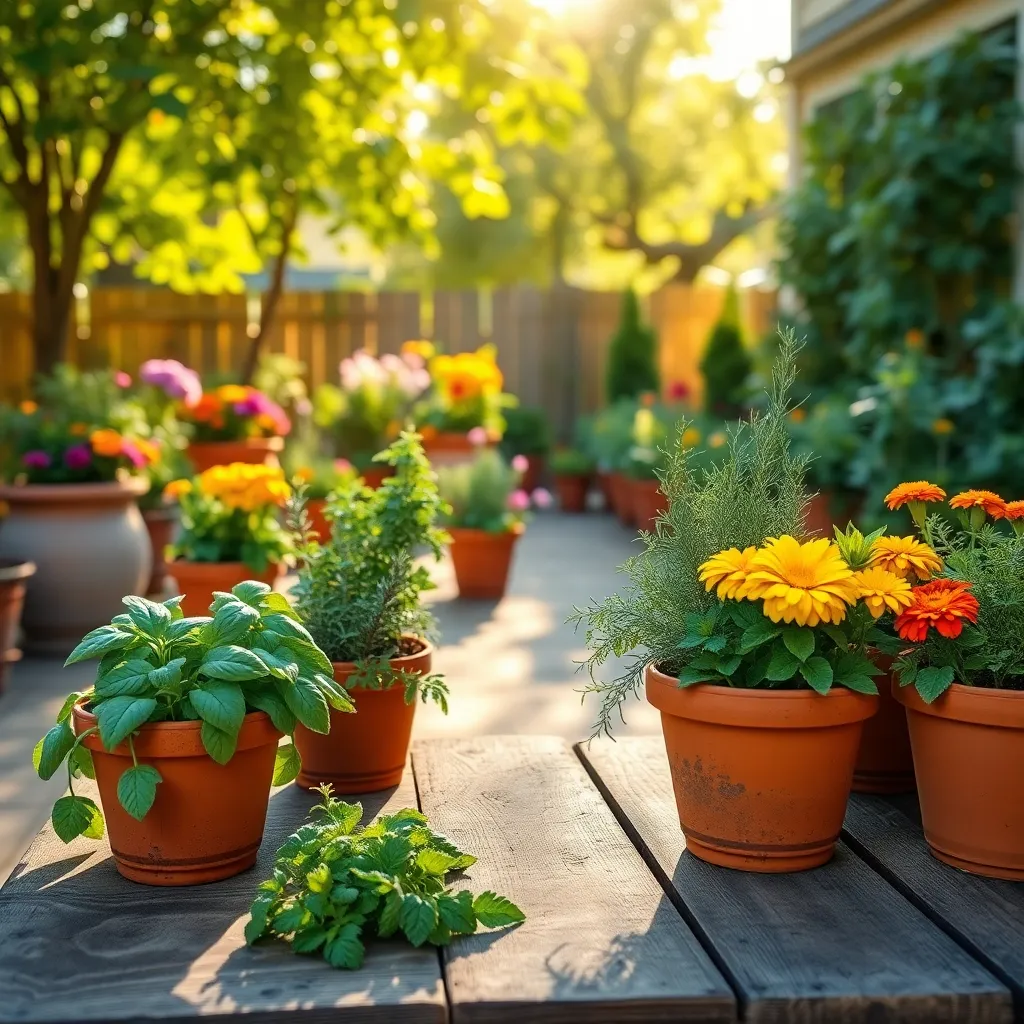
Container gardening is a versatile way to add greenery to any space, making it perfect for weekend projects. Begin by selecting the right container, ensuring it has adequate drainage holes to prevent waterlogged roots.
For beginners, consider using a lightweight potting mix, which promotes healthy root growth and optimal drainage. Avoid garden soil as it can become compacted in containers, limiting plant development.
Choose plants with similar sunlight and water requirements to simplify care. Herbs like basil and mint are excellent for sunny spots, while ferns and begonias thrive in shaded areas.
Water your container plants thoroughly until you see water draining out of the bottom, typically once or twice a week. For advanced gardeners, self-watering pots can help maintain consistent moisture levels, reducing the need for frequent watering.
To encourage lush growth, feed your plants with a balanced liquid fertilizer every few weeks during the growing season. Remember to adjust the frequency based on the specific needs of each plant variety.
Quick DIY Garden Enhancements
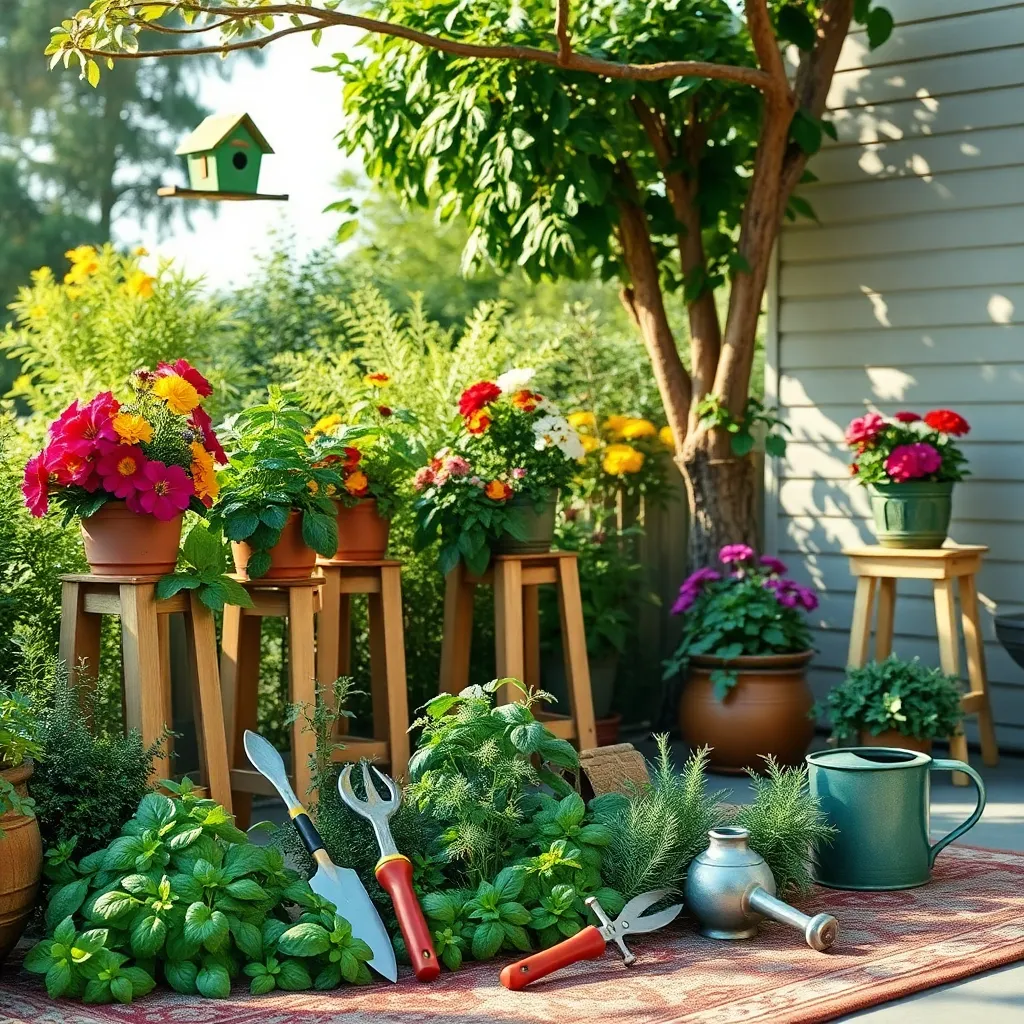
Transform your garden with a trellis that adds vertical interest and supports climbing plants. Use materials like bamboo stakes or metal rods to create a simple yet effective structure, ensuring it’s sturdy enough for plants like peas or cucumbers.
Enhancing your garden with mulch can dramatically improve its health and appearance. Spread a layer of organic mulch, such as wood chips or straw, around the base of your plants to retain moisture and suppress weeds, making sure not to pile it against the stems.
Lighting can create a magical atmosphere in your garden, perfect for evening enjoyment. Consider installing solar-powered lights along pathways or around garden beds to illuminate your space without the need for wiring.
To attract pollinators, plant a variety of flowers that bloom at different times of the year. Choose species like lavender, bee balm, and echinacea, which are known for their ability to attract bees and butterflies, enhancing both the beauty and productivity of your garden.
Effortless Lawn Care Tips
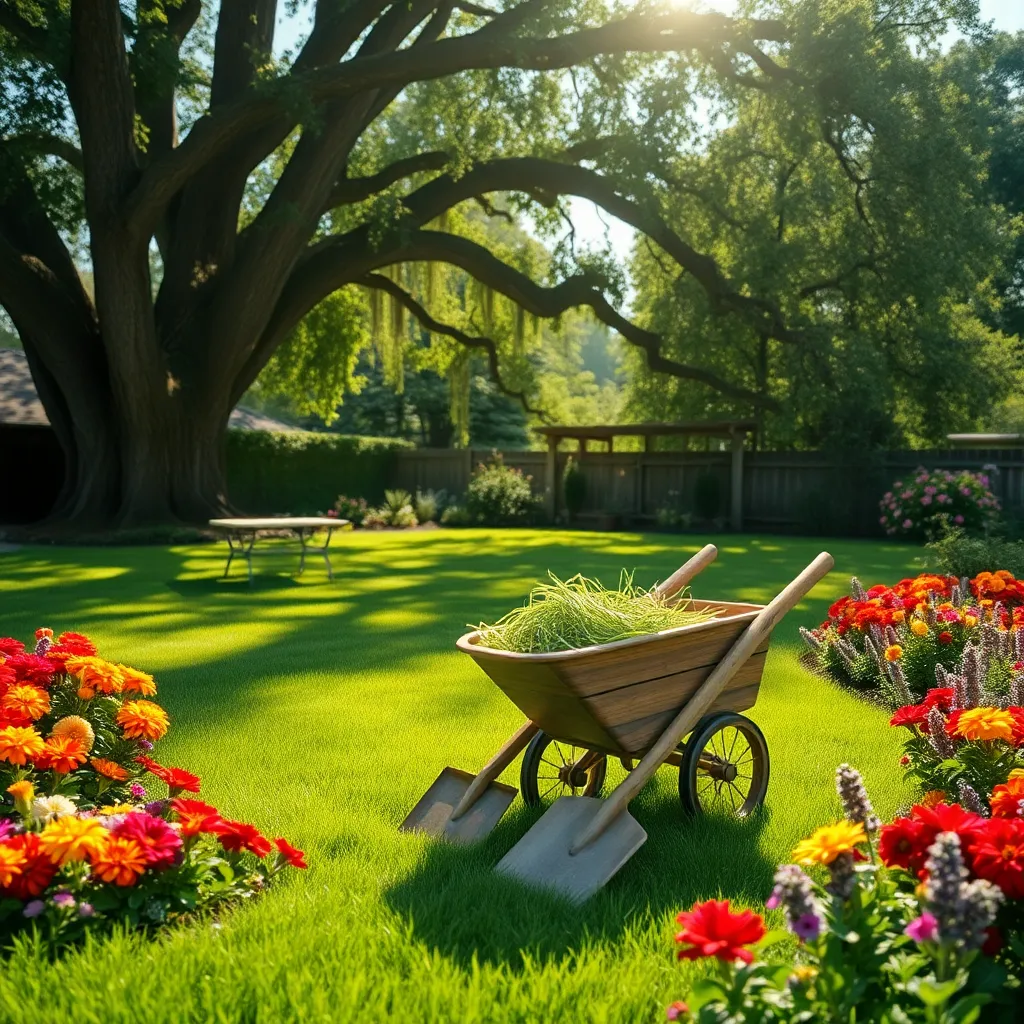
Maintaining a lush, green lawn doesn’t have to be a complex task. Start by ensuring your lawn receives around one inch of water per week, whether through rainfall or supplemental watering, to keep the grass healthy and vibrant.
Consider mowing your lawn to the recommended height for your grass type, typically between 2.5 to 3.5 inches. This height helps shade the soil, reducing water evaporation and preventing weed growth.
To promote strong root growth, aerate your lawn at least once a year, preferably in the fall or spring. Aeration allows water, air, and nutrients to penetrate the soil more effectively, leading to a more resilient lawn.
Additionally, apply a balanced fertilizer during the growing season to provide essential nutrients. Opt for a slow-release fertilizer to ensure a steady supply of nutrients and avoid the risk of burning your grass.
For those looking to tackle common lawn issues, consider implementing a regular weeding schedule. Pull weeds by hand or use a targeted herbicide to prevent them from spreading, ensuring your grass remains the star of the show.
Easy Composting for Beginners
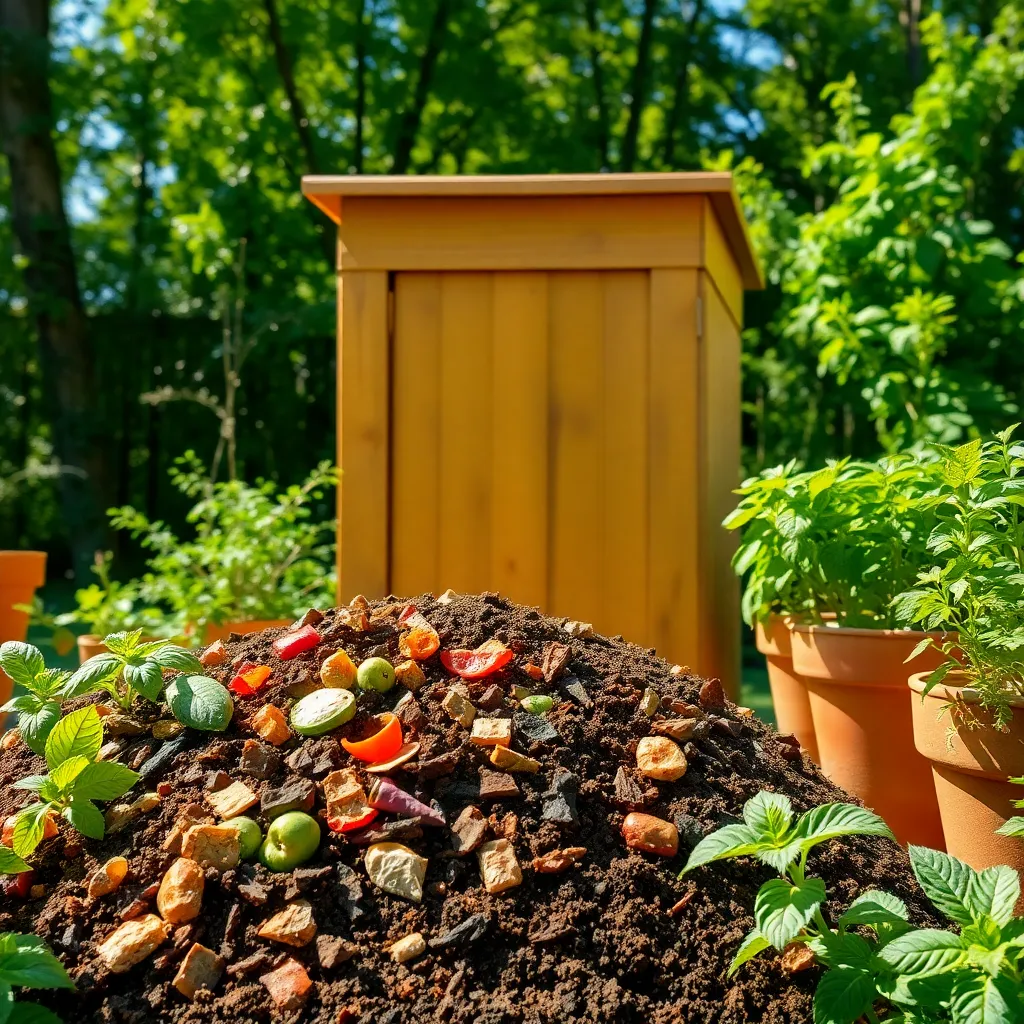
Starting a compost pile is an excellent way to recycle kitchen scraps and yard waste while enriching your garden soil. Begin by selecting a suitable spot in your garden that is well-drained and receives some sunlight, as this will help speed up the decomposition process.
Next, gather materials to create your compost layers, using a balance of “green” and “brown” materials. Green materials include kitchen scraps like fruit and vegetable peels, coffee grounds, and grass clippings, while brown materials consist of dried leaves, twigs, and shredded newspaper.
Layer your compost pile by alternating between green and brown materials, ensuring each layer is about two to four inches thick. Keep the pile moist, similar to a damp sponge, by watering it lightly if necessary, and turn it with a pitchfork every few weeks to introduce oxygen and speed up decomposition.
For beginners, a basic compost bin can be constructed with old pallets or a purchased bin from a garden center. Advanced gardeners might consider a tumbling composter, which makes turning the compost easier and faster, often producing finished compost in just a few weeks.
Conclusion: Growing Success with These Plants
As we wrap up our exploration of “Easy Garden Projects For Weekends,” let’s revisit the five key relationship concepts that can blossom through shared outdoor endeavors. First, communication thrives as partners collaborate on garden plans, fostering deeper connection. Second, patience is nurtured as you witness growth together, a gentle reminder that relationships, like gardens, flourish with time. Third, teamwork is reinforced through shared tasks, strengthening your bond. Fourth, creativity blooms as you design your space, mirroring the inventiveness required in nurturing a loving relationship. Finally, mindfulness anchors you in the present, enhancing appreciation for each other and the life you cultivate together.
Now, take the first step by planning a simple garden project this weekend. Whether it’s planting a flower bed or creating a cozy corner, let this be your canvas for connection and growth. As you embark on this journey, remember to bookmark this article as a valuable resource for nurturing your relationship through shared experiences.
Embrace these garden projects as stepping stones to relationship success, where every seed planted is a testament to your commitment and love. Here’s to a flourishing partnership that grows stronger with each shared endeavor! 🌿
